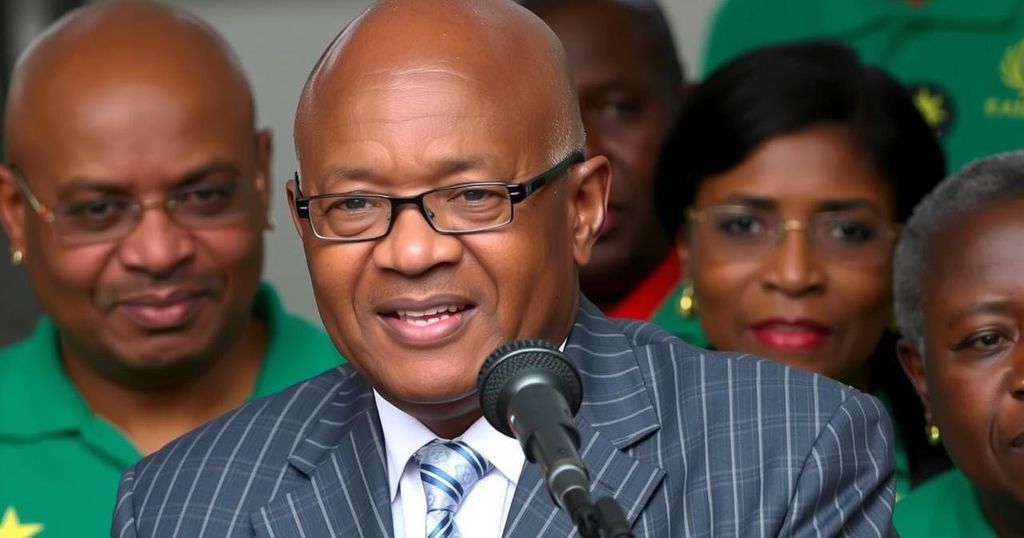Mozambique’s Constitutional Council Affirms Ruling Party’s Electoral Victory

Mozambique’s Constitutional Council upheld the disputed October election results, confirming the Frelimo party’s prolonged rule. Presidential candidate Daniel Chapo received a revised 65 percent of the vote, as opposed to the initially reported 71 percent. This decision has raised concerns about electoral integrity and the state’s democratic processes.
The Constitutional Council of Mozambique, which serves as the nation’s highest judicial authority, affirmed the results of the contentious October elections, thereby consolidating the ruling Frelimo party’s dominance in Mozambique’s political landscape for over fifty years. The seven-judge panel, tasked with reviewing the election findings, determined that the presidential candidate, Daniel Chapo, received 65 percent of the votes—correcting the initial figure reported at nearly 71 percent. This ruling has sparked further debates regarding electoral integrity in Mozambique, as dissenting voices challenge the legitimacy of the proclaimed outcomes.
Mozambique has experienced a prolonged period of governance by the Frelimo party since its independence in 1975. The most recent elections, which took place in October, were marred by disputes and allegations of improprieties. Various observers and opposition parties have raised suspicions about the electoral process, asserting that it lacks transparency and fairness. The Constitutional Council’s endorsement of the election results not only reaffirms the Frelimo party’s continued rule but also raises questions regarding the state of democracy in the country.
In summary, the confirmation by Mozambique’s Constitutional Council of the ruling Frelimo party’s election victory is a significant development in the nation’s ongoing political narrative. The modification of the vote percentage for Daniel Chapo highlights the complexities involved in the electoral process. This ruling may serve to deepen existing divisions within the political landscape as appeals for electoral reform and transparency echo through the nation.
Original Source: www.barrons.com






